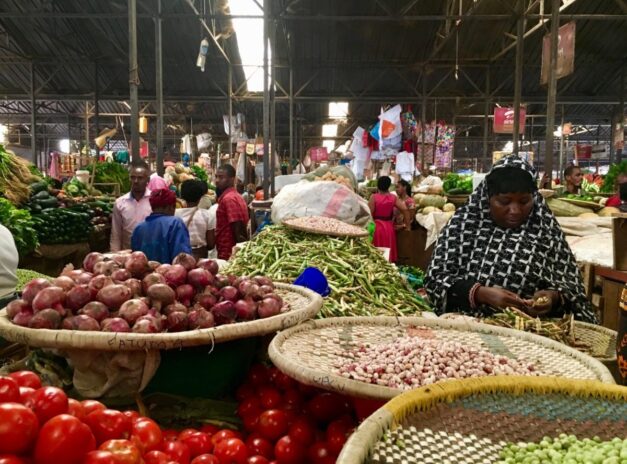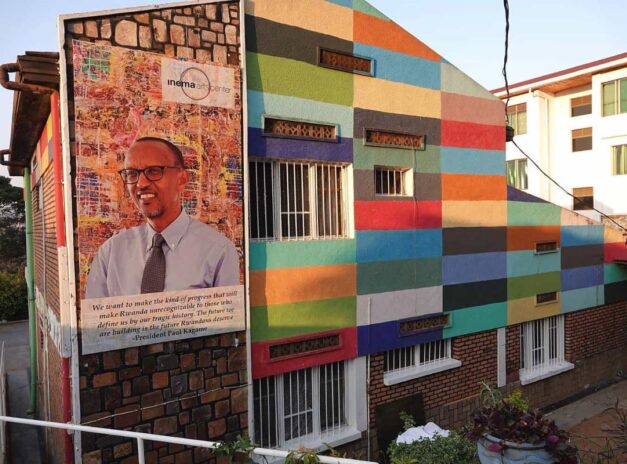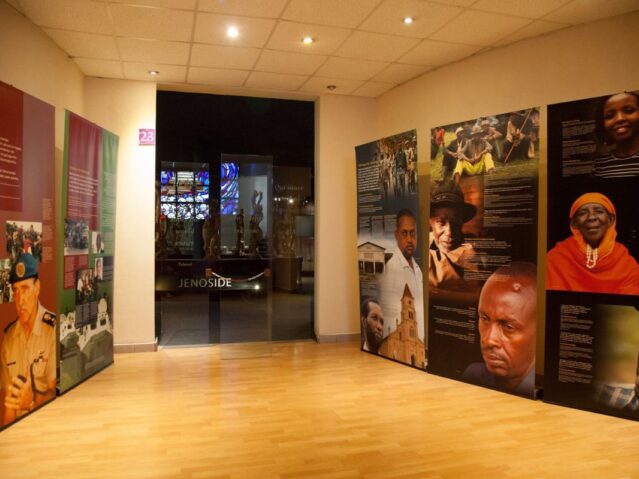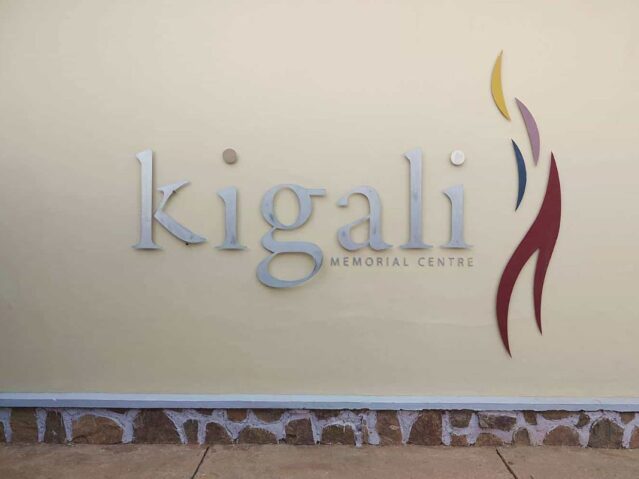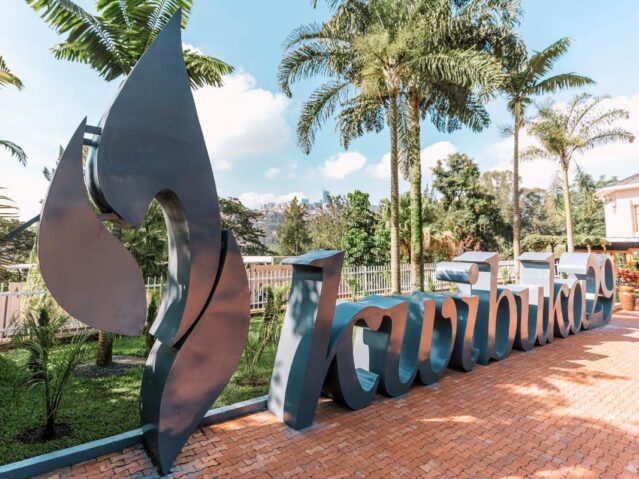Kigali Genocide Memorial in Rwanda
The Kigali Genocide Memorial in Rwanda stands as a solemn tribute to the victims of the 1994 Rwandan Genocide, during which over 800,000 people mostly Tutsis lost their lives in just 100 days. Located in the heart of Kigali, the Kigali Genocide memorial serves as a place of reflection, education, and remembrance. It was established in April 2004, marking the 10th anniversary of the genocide, and remains a vital symbol of Rwanda’s resilience and commitment to reconciliation.
The memorial is the final resting place for more than 250,000 victims. Visitors can pay their respects at the mass graves while learning about the causes and effects of the genocide through powerful exhibits. These include photographs, survivor testimonies, and artifacts, offering a detailed historical account of the tragedy.
The genocide ended in July 1994 when the Tutsi-led RPF took control of Rwanda. Today, Rwanda has worked hard to rebuild and promote peace to make sure such a tragedy never happens again.
Best Time to Visit Kigali Genocide Memorial in Rwanda
The Kigali Genocide Memorial in Rwanda is open year-round, but the ideal time to visit is during Rwanda’s dry seasons: June to September and December to February. These months offer pleasant weather, clear skies, and a comfortable environment to explore the memorial and its surroundings without interruptions.
For a quieter, more reflective experience, visiting in the morning is recommended. Early visits allow you to avoid crowds and take your time exploring the exhibits and paying respects at the mass graves.
Safari Activities around Kigali Genocide Memorial in Rwanda
Itineraries Featuring Kigali Genocide Memorial in Rwanda
Discover unforgettable Rwanda Safari Packages & Vacation Travel Packages. Explore the breathtaking landscapes and diverse wildlife of Rwanda with our curated travel experiences. Book now for the adventure of a lifetime!
Where to Go on a Safari in Rwanda
Discover the best safari parks in Rwanda, where you can explore stunning landscapes and see amazing wildlife. Get ready for an unforgettable adventure!


